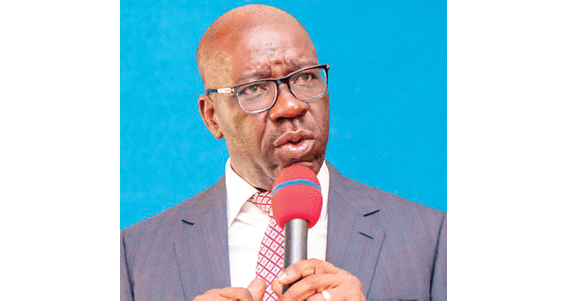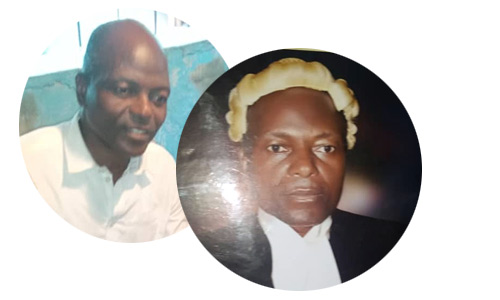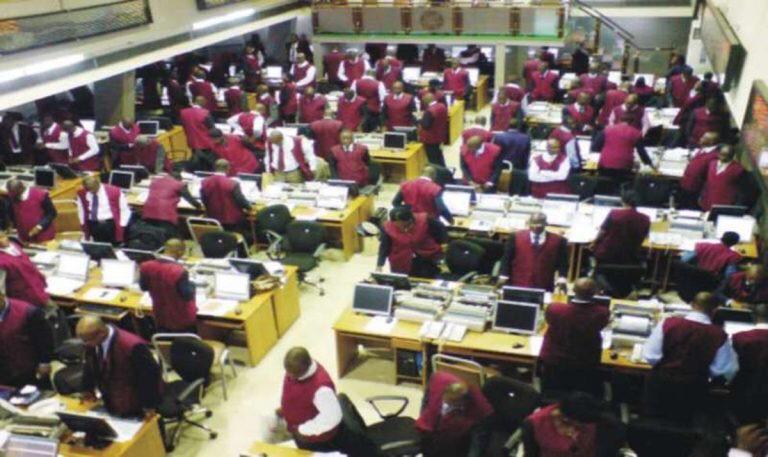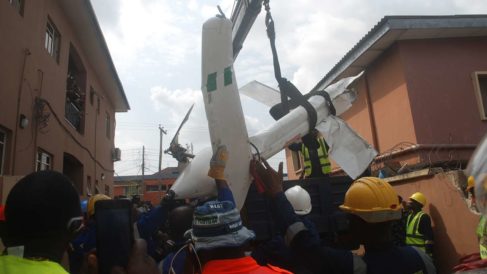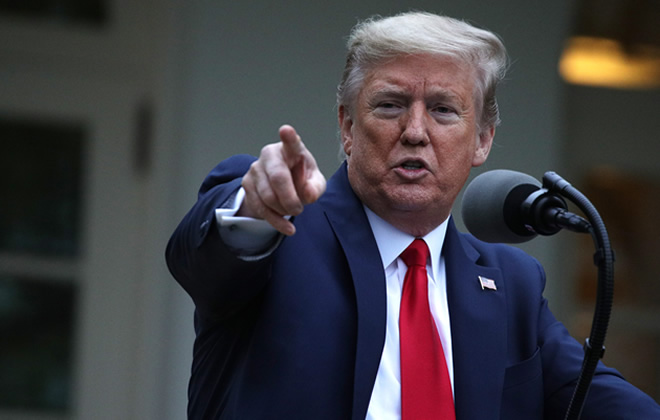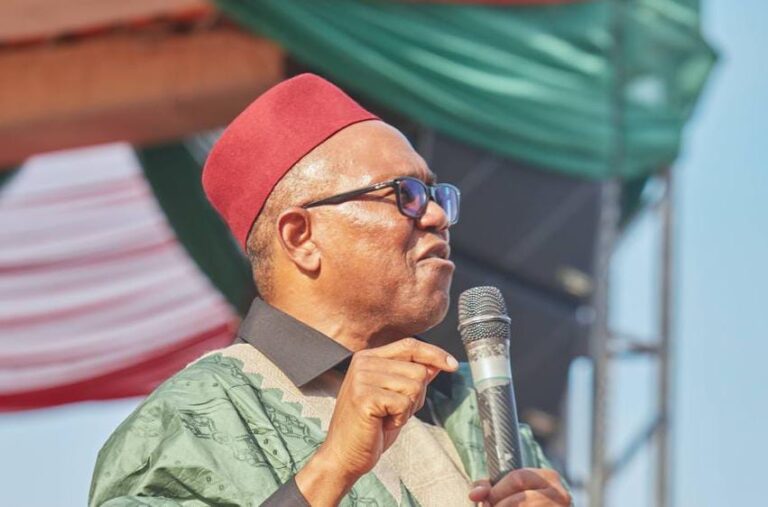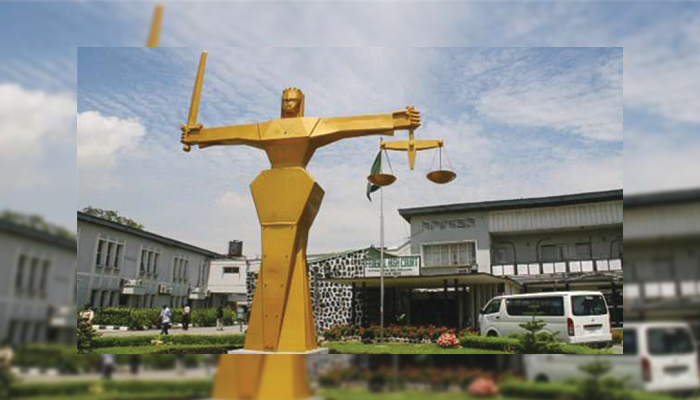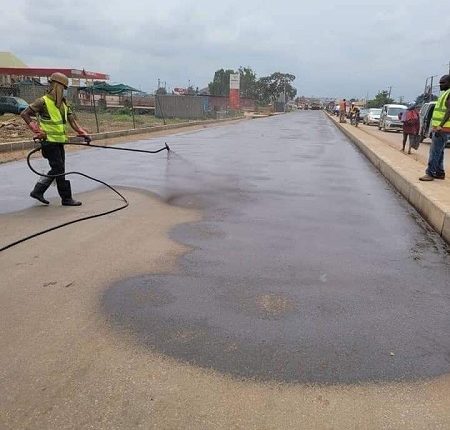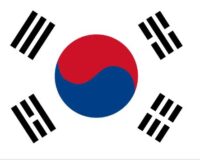COVID-19 protocols: NCAA threatens to revoke license of erring airlines
The Nigerian Civil Aviation Authority (NCAA) has threatened to revoke the license of domestic airline operators over non-compliance with the COVID-19 protocols of the Federal Government. The NCAA Director General, Mr Musa Nuhu, issued the warning in a letter to all operators (DG39/20) with reference NCAA/DG/AIR/11/16/267, dated Sept. 21, on Monday in Lagos. The News […]



